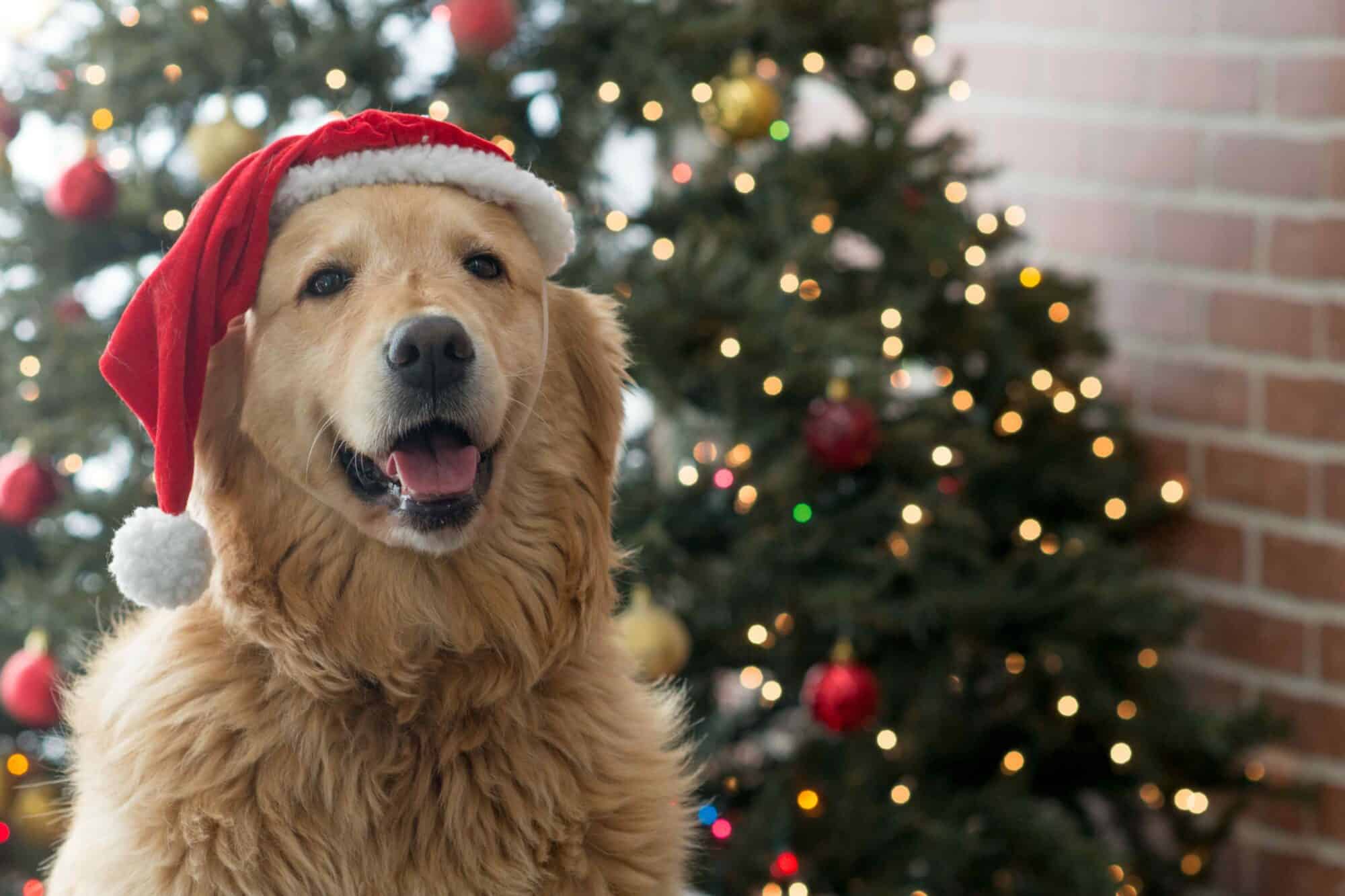Winter Wonderland Safety: Protecting Your Pets During the Holidays

The very things that make the holidays special can be the same ones responsible for endangering our pets. Between all the risks for pancreatitis, missing or lost pets, poisonings, entanglement, or GI obstruction, the magic of the season can become utterly nightmarish. Veterinary emergencies spike during the holiday season, but with a healthy dose of caution, preparation, and vigilance, your pet can enjoy all the warmth that the holidays have in store.
Know Your Numbers
We recommend having all of your pet’s medical records, important phone numbers and addresses in one location. If you need to reach out with questions or concerns, need your pet’s microchip number, or prescription information, you’ll be prepared.
We can be reached at (916) 624‑PETS (7387) during regular business hours, or call these local emergency veterinary hospitals, the ASPCA poison hotline at 88-426-4436 or the pet poison helpline at 855-764-7661 for assistance.
Everything Is Normal
A major boon to pet safety is maintaining their daily routine. Their peace of mind depends on knowing that certain events, like meals, bathroom breaks, or jogs, are right round the corner. It might not seem like the holidays could disrupt their calm demeanor, but consider how much your pet’s world changes in a short time. Extended owner absences, unexpected houseguests, a constantly ringing doorbell, and confusing decorations can negatively impact a pet’s wellness.
Boarding your pet can be a safe option during the holidays. Please contact us for more information.
Pet-Proofing Your Home
The holidays present a slew of potentially perilous items, such as:
- Tinsel
- Ornaments and snow globes
- The Christmas tree (try to attach the tree to the ceiling or wall, and cover up the tree stand so your pet doesn’t drink the water)
- String lights
- Gift wrap, bows, and ribbons
- Power cords
- Candles
- Simmering potpourri
- Plants like poinsettia, holly, mistletoe, lilies, and amaryllis can be poisonous if eaten
If you know or suspect that your pet ate something potentially harmful, watch their behavior closely and seek emergency veterinary care. Lethargy, vomiting, diarrhea, appetite loss, and social withdrawal are dangerous symptoms that require immediate action.
Other Holiday Hazards
There are many foods and ingredients that can threaten holiday pet safety. Be sure that your pet cannot access the table or counter tops (give them their own plate of goodies to keep them satisfied).
Secure garbage bins and swiftly pick up any fallen food or discarded plates during parties. Ask your guests not to feed your pet. Poultry skin, fatty foods, gravy, and buttery dishes can cause pancreatitis. The ingestion of poultry bones can lead to choking and GI obstruction.
The following items may result in a pet poisoning:
- Xylitol (found in baked goods, sugar-free candy, mints and gum)
- Caffeinated beverages
- Alcohol
- Chocolate
- Grapes or raisins
- Garlic, onions, chives
- Uncooked yeast dough
December Pet Care
When pet owners know which holiday hazards to look out for, and work towards removing them from a pet’s home or experiences, holiday pet safety is attainable. Add extra exercise or enrichment opportunities for your pet, shower them with attention and affection, and reach out to us with any questions.
From all of us at Rocklin Ranch Veterinary Hospital, have a safe and happy holiday season!

